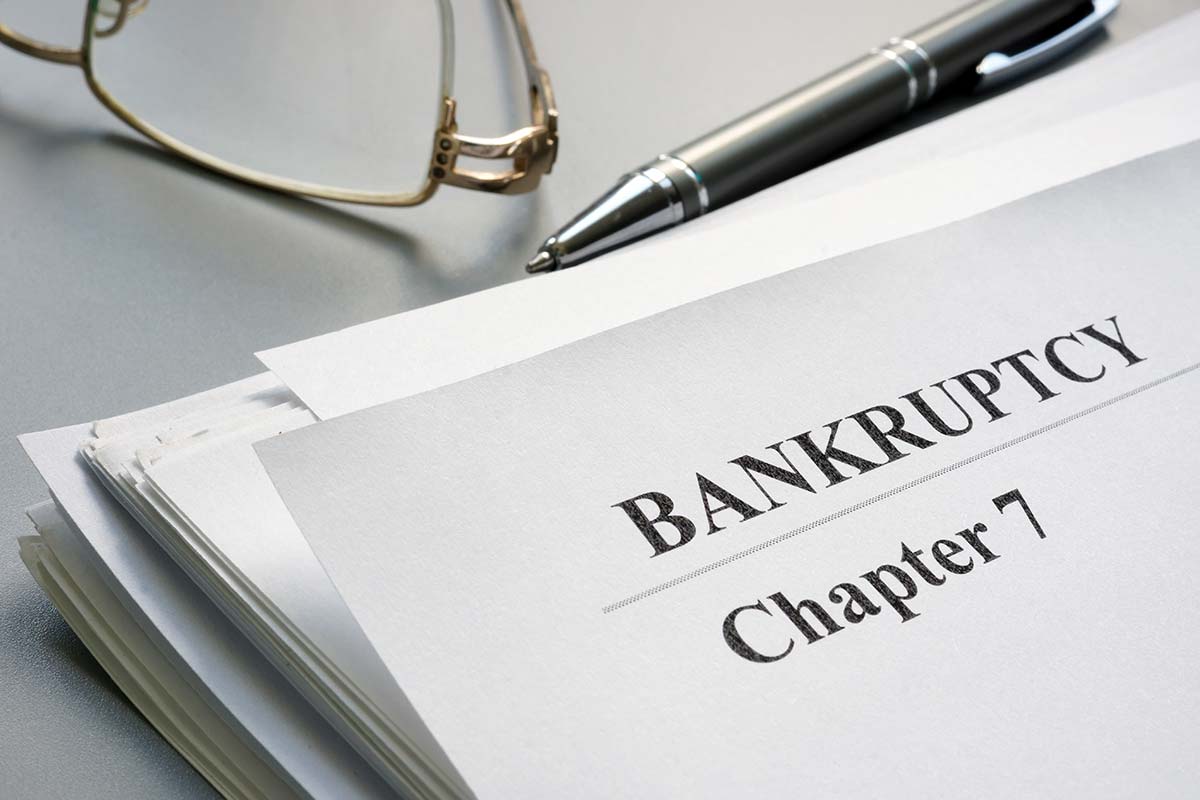If you have decided that you want to file Chapter 7 bankruptcy proceedings, you first must determine if you meet the eligibility requirements for filing. Depending on your income, you may have to pass a “means test” to qualify for Chapter 7 bankruptcy. More specifically, if your income is greater than your state’s median income, you must pass the means tests to file for bankruptcy. If your income is less than or equal to your state’s median income, however, you are not required to pass the means test. As long as you meet all other requirements, you can file Chapter 7 bankruptcy proceedings.
Form 122A-1 – Chapter 7 Statement of Your Current Monthly Income
Completing Form 122A-1 is the first step toward seeing if you pass the means test. You must fill out this form completely, which focuses on information about your marital status, tax filing status, and your income. You then compare your annual income to the median annual income for a person living in your state with the same number of household members that you have in your household.
These figures are subject to change periodically. For instance, as of April 1, 2020, the annual median household income for a family of four was $101,315.00. Your income for the purposes of the means test includes all household income, including child support, dividends from retirement accounts, income from businesses that you own, and spousal support. Therefore, if you have a family of four and your household income is below this median income level, you have passed the means test needed to qualify for Chapter 7 bankruptcy.
Form 122A-2 – Chapter 7 Means Test Calculation
If your household income is higher than the median income for your state, however, you will have to complete another form that details your household expenses to see if you can still qualify to file Chapter 7 bankruptcy. On this form, you subtract certain household expenses from your annual income and complete a calculation that differs according to the number of people in your household and the area in which you live. The resulting figure is the amount of money that you are presumed to be able to pay toward your debts in a Chapter 13 bankruptcy filing over a period of five years (if you are ineligible to file Chapter 7 bankruptcy proceedings). If your disposable income falls below a certain threshold, then you have passed the means test and you can file for Chapter 7 bankruptcy if you are otherwise eligible to do so.
On the other hand, if your disposable income is greater than the threshold amount, the law presumes that you are not qualified to file Chapter 7 bankruptcy proceedings and that allowing you to file Chapter 7 would be an abuse of the proceedings. In that situation, the bankruptcy court could dismiss your case or require you to convert your case to a Chapter 13 bankruptcy, which requires you to repay some or all of your debts. However, you might still be eligible to file Chapter 7 bankruptcy if you can show “special circumstances” that reduce your disposable income or increase your necessary expenses.
Other Requirements for a Chapter 7 Bankruptcy Filing
Even if you pass the means test, you need to keep in mind that you still must meet other requirements to be eligible to file for Chapter 7 bankruptcy proceedings. For instance, you must attend debt counseling before filing for bankruptcy. Therefore, you may be ineligible to file Chapter 7 bankruptcy even if you pass the means test.
Furthermore, even if you qualify to file Chapter 7 bankruptcy proceedings, it may not be in your best interest to file. You may owe certain debts or have a certain type of income or assets that make Chapter 7 not the best choice for situation. By getting a comprehensive evaluation of your circumstances from an experienced bankruptcy attorney, you can learn whether Chapter 7 bankruptcy is both available and right for you.
Call Us Today for the Legal Advice that You Need
LBE Law Firm offers personalized legal advocacy for individuals and businesses, including bankruptcy proceedings. Not only will we consider your eligibility for various forms of bankruptcy filings, but we will analyze your circumstances to determine if your creditors have committed any consumer protection or Fair Debt Collection Practices Act violations. We will counsel you about your legal rights and work to take all actions needed to protect your rights. LBE Law Firm also provides legal representation for clients with respect to other legal issues, such as immigration cases, family law, business law, and estate planning. Call, text, or use WhatsApp to contact our office at +1.424.273.5501. You also can reach us via email at info@lbelawfirm.com.


